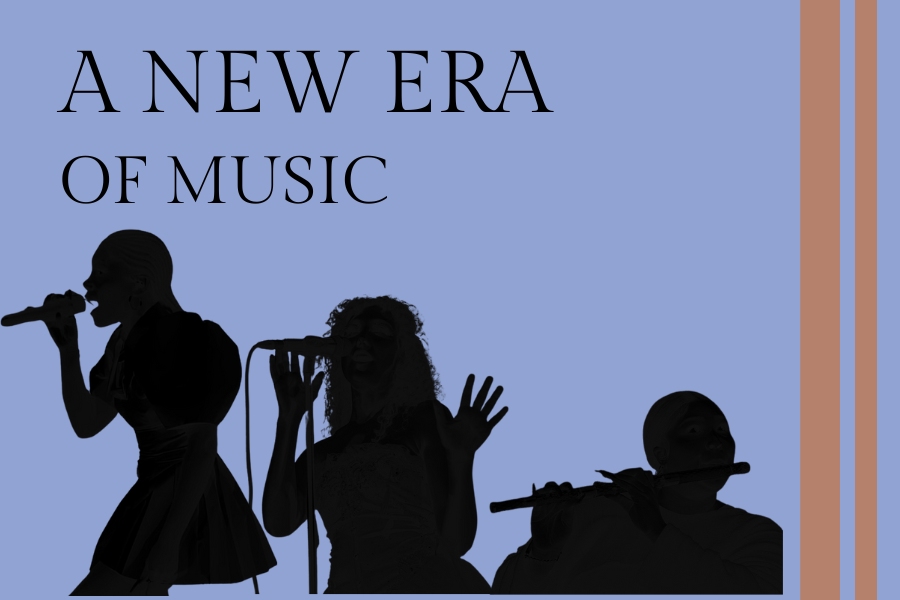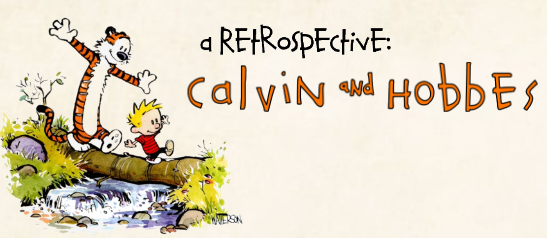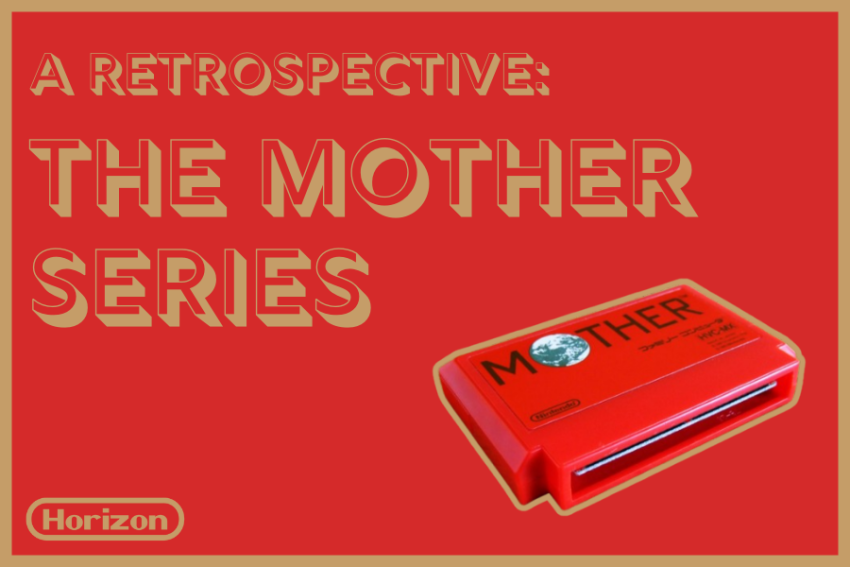Exhibiting themes of wonderment, love, and hope, Kacey Musgraves’ latest album, Deeper Well, is a peaceful album full of beautifully illustrative lyrics — the perfect music to listen to on a relaxing Spring afternoon. The album, released on March 15, was mostly consistent in its tone and message, with only a couple of minor breaks that made the album slightly less enjoyable but overall still worth listening to again.
Compared to her last albums, Deeper Well is remarkably similar in its theme of love, but its tone is more sad than other albums such as Golden Hour. Additionally, Musgraves seemed to turn inward for inspiration on this album, reflecting on love, vulnerability, and curiosities about the world.
In the title track, Deeper Well, Musgraves continues an ongoing theme from her earlier albums of creating insightful lyrics that tell meaningful lessons about life. In the chorus, she sings, “I’m sayin’ goodbye to the people I feel are real good at wasting my time.” She goes on to sing that she has “to take care of herself,” telling listeners that it’s okay to prioritize yourself sometimes to do what’s best for your well-being. These are the kinds of insightful lyrics that appeared especially in Musgraves’ first two albums, which told lessons of finding the silver lining and avoiding things in your life that bring you misery, among many others. It only adds to the song’s attributes of being a catchy yet soft tune that matches the tone of the lyrics so well.
The sound of Too Good to be True is reminiscent of Musgraves’ earlier album, Golden Hour, but with a pensive mood to the song. The song is about Musgraves’ doubts in love, as she sings “please don’t make me regret this.” However, the song ends on a hopeful note with Musgraves singing, “if this is what dreams are made of, please don’t wake me up,” referring to her relationship. This note of hope is a nice touch to the song, reflective of most of Musgraves’ music throughout her career. Her lyrics are vulnerable and descriptive, allowing listeners to fully imagine what she might’ve been feeling at the time. Musgraves’ voice works perfectly to draw listeners in, and her soft vocals match the mood of the song well.
Musgraves continues the theme of love and relationships in the song Giver/Taker, where she sings about the giving and taking that comes with being in love. However, the most striking thing about this song is the sound itself. The acoustic guitar continues the soothing sounds of the rest of the album, but this song adds hints of banjo and country-esque vocals, evoking memories of Musgraves’ earlier albums which were fully immersed in the genre of country music.
The Architect delves into a broader theme of wonderment, but refocuses on love towards the end, keeping it consistent with the rest of the album. The organization of the song creates a storytelling narrative that allows listeners to fully imagine the thought process going on in the speaker’s mind. The song starts by discussing how complex yet perfect an apple is, and how there must’ve been an architect to make that happen. The song then transcends into a train of thought that questions why things happen the way they do as Musgraves sings “I don’t understand, are there blueprints or plans? / Can I speak to the architect?” in the chorus. This sense of curiosity circles back to the topic of love when Musgraves sings that the moment she “saw the right face,” “the stars and the planets lined up,” implying that nothing made sense until she fell in love. This song is thought-provoking yet still simple in its rhythm and consistent in its calm tone. In fact, The Architect might just be the best song on the album.
The only downfall to the album was in the song Anime Eyes, which had so much potential. The lyrics start out soft and reminiscent of a love story. The chorus is catchy, albeit different from the sounds on the rest of the album. Overall, the song was enjoyable up until the bridge, which felt like it belonged in a trendy pop song instead in the way that it sounded more like talking than singing. While the lyrics keep in line with the storyline of the song, the sound of the bridge came out of nowhere and felt out of place. While this was certainly not the most pleasant part of the discography, it didn’t take away from the rest of the beautifully done album.
Despite the break in the album with Anime Eyes, the album bounces back to end the album on a good note with the beautiful song, Nothing to be Scared Of. The song admits how there can be fear in love, but also comforts those who hold those fears. Musgraves sings, “you’re the only one I want to give my love / there’s nothing to be scared of,” several lines after she sings “bubble wrap around your heart like someone’s gonna break it,” demonstrating that there is fear in love, but there doesn’t have to be. The mood of the song is comforting with the continued acoustic sounds of the album.
Overall the album exudes a sense of vulnerability that one must have when they’re in love. It’s calming and comforting, especially because of the acoustic guitar present throughout the album. The album release is perfectly aligned right before the start of Spring, as the songs are perfect to listen to on a sunny Spring day.
















